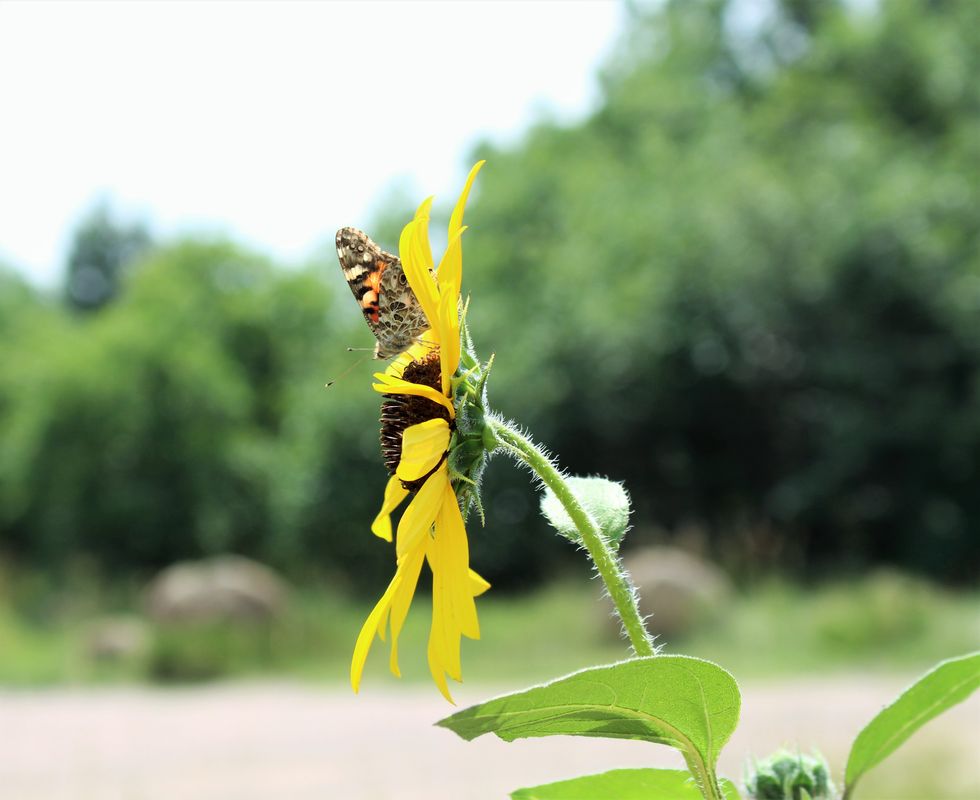What is Environmental Health Literacy?
In general, an individual's health literacy is their ability to receive and interpret messages pertaining to the health-care field. For example, if you are sick and you need a prescription, you need to be able to understand how to take that medication. If you have a low functional literacy level, a low numeracy level or if you can't understand English, it will be significantly harder for you to take the drug. Environmental health literacy is a part of health literacy that specifically helps individuals to make the best decisions for their own health as well as their surrounding environment. For example, if a community needs to be alerted about a natural disaster, the individuals needs to be able to understand the safety protocol associated with said natural disaster. Dr. Symma Finn and Liam O’Fallon researched the field of environmental health literacy and composed the article, "The Emergence of Environmental Health Literacy- From Its Roots to Its Future Potential."
In the article, the researchers examine some of the historical events that contribute to the rise of environmental literacy, such as the age of environmental activism. In addition, they note how the field has developed over time and how it can continue to expand.
Why Should I Care?
It is so important that we do our part to help the planet. Humans truly do have a huge impact on our planet and we do have the potential to help slow the damage we do to it, because ultimately, the degradation of our planet will only lower our health and standard of living. That being said, while our entire society may not be able to comprehend the significance of protecting the Earth and maintaining the health of our environment, everyone can at least concur that our own well-being is important regardless of where an individual lies on Maslow's hierarchy of needs. Natural disasters like hurricanes, floods, tornadoes, volcanoes, etc. can all reek havoc on a community. The strong forces are capable of destroying infrastructures, damaging crops and livestock and even taking lives. Governmental officials and organizations have to notify the public of these types of situations and tell the people the next steps to take. If the people are incapable of comprehending that information, their safety is being compromised.
What Are the Steps to Advance It?
In correspondence with recent news, the hurricanes that have been sweeping across the Atlantic have caused a great amount of stir among the public. There was a lot of discrepancy about evacuations, flooding, water sanitation and general safety. Erin Shoemaker had an article published on Huffington Post which explained the importance of transactional communication between the public and those directly receiving the information. Advancing health literacy is a task that requires a give-and-take effort that allows the scientists and governmental officials to portray the pertinent information that can be understood by the community in its entirety. One way for messages to be received by the public more effectively include utilizing simple illustrations, diagrams and charts in descriptions. A second is maintaining an average functionally literacy level. The average U.S. reading level is 8th grade, and many informational healthcare documents are written at a level significantly higher than this. In order to keep public information at the recommended 6th grade literacy, officials should utilize simpler sentence structure, limit scientific jargon and define more complicated vocabulary and topics.
While having environmental literacy helps individuals understand their role in protecting the planet, it is indisputably crucial that every member of society is allotted the basic right of safety in the event of environmental emergencies. Reaching out to smaller communities and those that face the greatest obstacles in regards to health literacy and honing these skills on a smaller scale can eventually lead to a large-scale movement that can not only benefit our own safety and well-being, but also that of our surrounding environment.




















